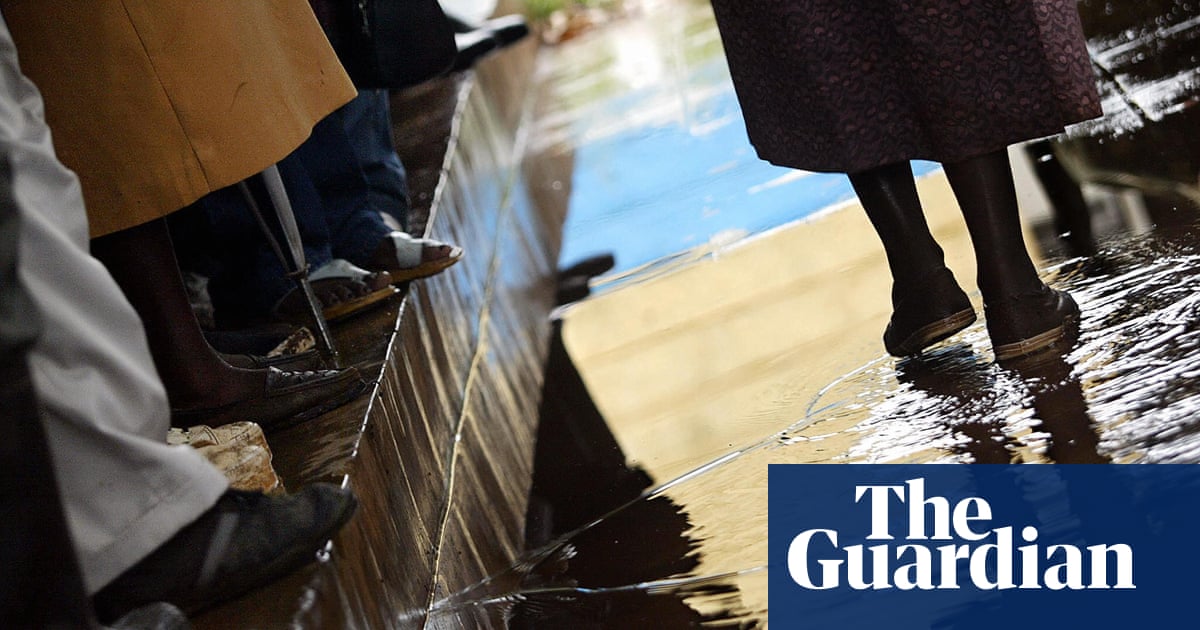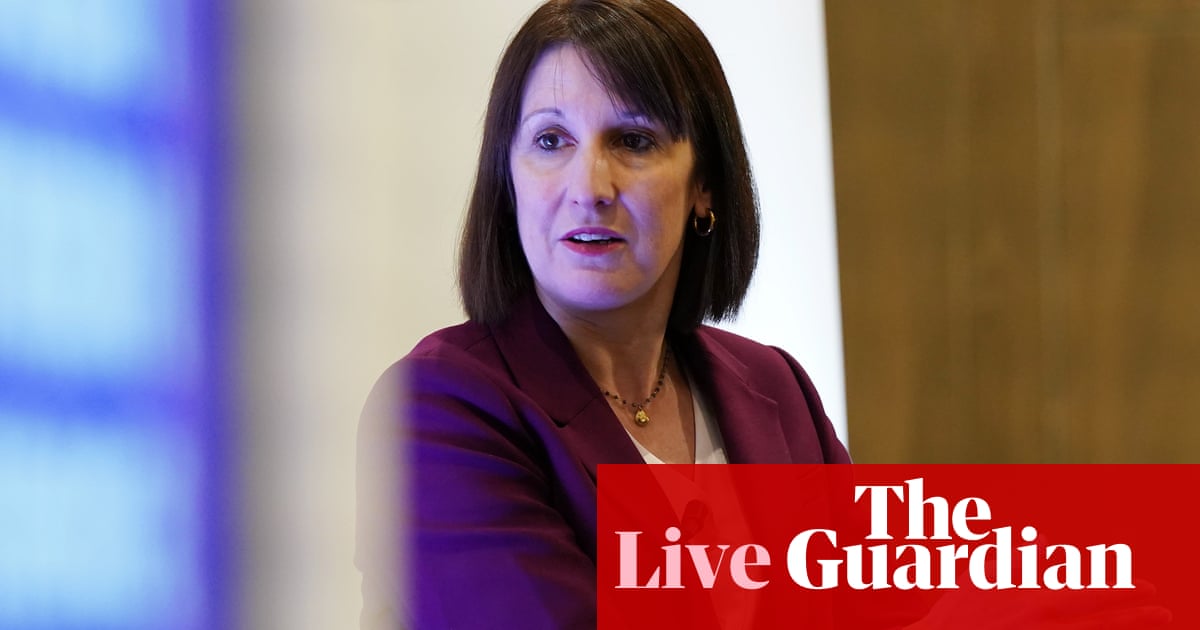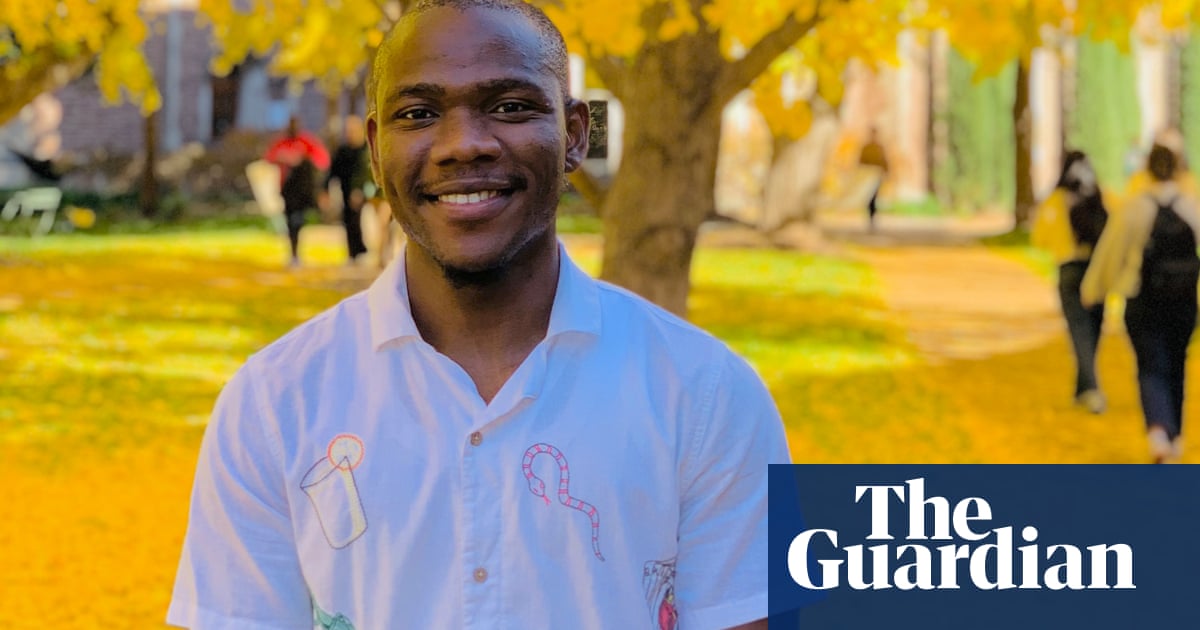For nearly half a century, John Smyth, who was a senior barrister and prominent evangelical Christian, sadistically abused boys and young men with impunity. At Christian summer camps in Dorset in the 1970s and 1980s, and later in Zimbabwe and South Africa, he groomed and preyed on victims whom he would beat savagely and repeatedly, leaving some of them with wounds that took weeks to heal.
Smyth, who died in 2018, never faced justice for crimes committed in England. A case against him in Zimbabwe after the unexplained death of a 16-year-old boy, Guide Nyachuru, at one of his camps, was dismissed. But calls for the Church of England to accept responsibility for gross failures in regard to Smyth and the Iwerne camps, where he filled leadership roles, are finally gaining the hearing that they should have had years ago.
A recently published independent report contains strong criticism of the church’s approach to safeguarding and culture of “groupthink”. It draws attention to longstanding links between Smyth and Justin Welby, the archbishop of Canterbury, who attended the same camps and should have shown far more curiosity about allegations of abuse linked to them. Most shocking of all, it points to the “active cover-up” of the first report into what happened, in 1982.
On Monday, Helen-Ann Hartley, the bishop of Newcastle, added her voice to those saying that Mr Welby should resign. Along with victims who have made the same demand, she is right that his apologies do not go far enough.
Mr Welby has admitted that his decision in 2013 – the year of his appointment – neither to inform the police nor to order an internal investigation represents a “shaming failure”. This was when he learned that one of Smyth’s victims was in contact with the bishop of Ely; and also about the concealed 1982 report, which was produced after one victim tried to take his own life. There was also contact at this time between senior church officials in England and South Africa, where Smyth then lived. But Mr Welby and the other clergy who knew about Smyth’s history did nothing more.
This was a senior group of people. The review, by Keith Makin, says it includes at least six serving bishops, five retired ones, and about 30 less senior clergy. When two reports were made to police, in the following years, the information provided was incomplete and victims were not consulted. The result was no investigation. It was only after the abuse was placed in the public domain by Channel 4 in 2017 that attempts to extradite Smyth finally began.
As has happened far too often, gross abuses of power – in this case tied to a perverted theology of punishment as a route to redemption – were enabled and overlooked by an institution that ought to have had young people’s safety at its heart. The church must act on the report’s safeguarding recommendations – some of which echo those of the independent inquiry into child sexual abuse, which catalogued multiple similar failings.
But policy changes aside, Mr Welby should seriously consider stepping down, acknowledging the harm done and the trust betrayed. He was the head of the church when deeply disturbing findings implicating someone known to him came to light. It is too much to expect those harmed by Smyth to simply accept such a failure of moral leadership.

.png) 1 month ago
17
1 month ago
17













































